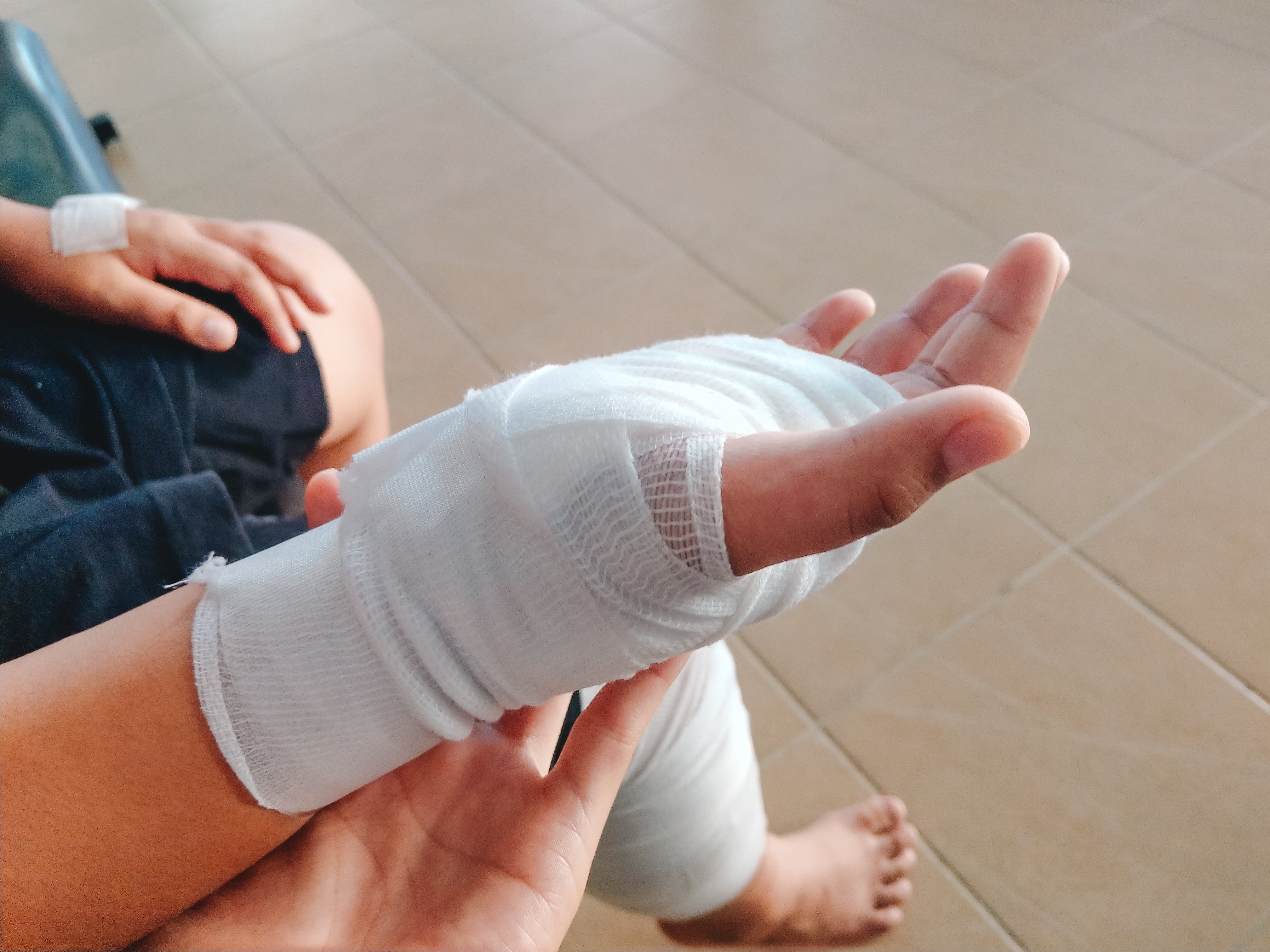
If you’ve been injured as a result of someone else’s actions, you may be wondering whether you are entitled to compensation for your injuries. Depending on the circumstances surrounding the incident, you may be able to file a personal injury claim against the person, business, or government entity at fault. Below, we’ll give you a glimpse into the process by answering five of the most commonly asked questions about personal injury claims.
What qualifies as a personal injury case?
In tort law (the area of law governing wrongful injury), personal injury refers to damage to a person’s physical body, mind, emotions, or reputation. In this way, personal injury is distinguished from claims related to property. A person can be held legally liable for personal injury of another if it’s caused by their wrongful action.
Actions don’t have to be criminal or even intentional to be wrongful. In fact, most personal injury cases are based on claims that defendants behaved negligently. Of course, personal injury claims can also be filed against defendants who intend the harm that they cause, such as in cases of assault and battery.
What do I need to prove to establish negligence in my personal injury case?
Whether a defendant was negligent under the law is determined by a four-part test:
- The defendant owed the plaintiff a duty of care. This typically isn’t difficult to establish, as we each owe a duty to use reasonable care to avoid harming others.
- The defendant breached the duty of care. When a person acts carelessly, imperiling others, they breach the duty of care owed to them. However, if a defendant’s actions were reasonably careful and they didn’t owe the plaintiff a higher than usual level of care (as, for example, in a doctor-patient relationship), then those actions generally wouldn’t be considered negligent.
- The defendant’s breach of duty caused injury to the plaintiff.
- The plaintiff experienced losses due to the injury. Losses don’t have to be monetary or physical to satisfy this part of the test.
If all four of the above statements are true, then the defendant acted negligently under the law and can be held liable for injury they caused.
What are the typical steps of a personal injury claims process?
- When you’ve been injured, the most important step is to get treatment for your injuries. This is important both to safeguard your health and to create official documentation of the injury.
- If you’re able to safely do so, it’s helpful to gather evidence at the scene of the incident. This might involve, for example, snapping photos, making audio or video recordings, or getting contact information from witnesses.
- If you’re in an auto accident or the victim of a crime, file a police report.
- If applicable, notify the at-fault party’s auto or homeowners insurance company of the incident and file a claim. In the case of an auto accident, also notify your insurance company; they will likely file the claim with the other insurer for you.
- Consult with an attorney to determine what types of claims you may be able to file and how to calculate damages. If you’re injured at work, you may need to go through the workers’ compensation system instead of filing a personal injury claim. An attorney can ensure you file the right type of claim for your injury.
- Engage in settlement negotiations. Trials are expensive, giving plaintiffs incentive to settle claims out of court. If a settlement can’t be reached, then the case will proceed to trial.
What types of compensation can I seek in a personal injury claim?
The losses mentioned above can include financial losses such as medical expenses and lost wages as well as physical and/or emotional pain and suffering. While it may be simple to add up medical bills and missed work days, other damages like lost earning capacity and pain and suffering can be difficult to quantify. An attorney can help ensure your claim includes all types of damages you may be entitled to receive.
How long do I have to file a personal injury claim in New Jersey?
Most personal injury lawsuits must be filed within two years of the date of the incident that caused it. There are some exceptions, such as in the cases of birth injuries caused by medical malpractice and injuries related to unsafe conditions of improvements to real property, which allow longer windows to file. Additionally, for potential plaintiffs who are minors or have mental disabilities that prevent them from understanding their rights and initiating claims, the statutory clock doesn’t start until they turn 18 or gain the mental capacity to enforce their rights. On the other hand, claims against municipalities are subject to a tight 90-day statute of limitations.
As you can see, many variables play into whether you’re eligible to file a personal injury claim, how long you have to do so, and what compensation you may be entitled to. For this reason, it’s important to work with an experienced personal injury attorney in your area. They can advise you on how to document your limitations, treatment, and progress and may even be able to recommend treatment providers who can defer payment until after your case is settled. To learn more about personal injury law in New Jersey, browse the Mark Law Firm’s blog.


.svg)